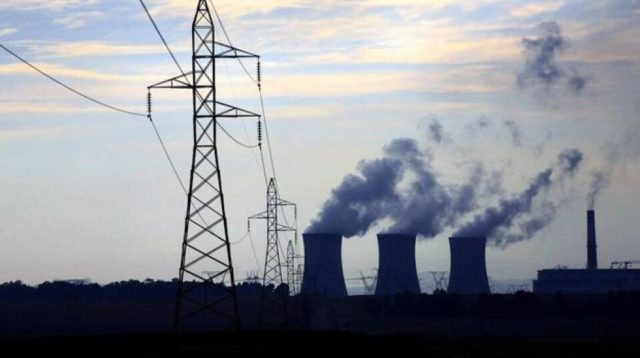The killings of environmental defenders globally have doubled in the past 15 years and can be directly linked to corruption, abuse of power, and weak laws
WHAT DO Golfrid Siregar, an Indonesian environmental lawyer; Ken Saro-Wiwa, a Nigerian writer and justice activist; Berta Isabel Cáceres, an indigenous leader from Honduras; and Sikhosiphi “Bazooka” Radebe, an anti-mining activist from South Africa, have in common? They have all been murdered and those responsible still walk around boldly.
As African ministers of environment prepare to meet for the 17th African Ministerial Conference on Environment (Amcen), starting today, it’s more pressing than ever for them to openly denounce the assassination and intimidation of environmental rights defenders on our continent.
This week marks 24 years since the murder of Saro-Wiwa by the state of Nigeria for campaigning against the devastation of the Niger Delta by oil companies, in particular Shell.
He represented the Movement for Survival of the Ogoni Peoples, who were defending their livelihoods, their fisheries and fields, against an ecocidal extractive industry backed by a murderous state. Saro-Wiwa wrote in 1992 that the “Ogoni have been gradually ground to dust by the combined effort of the multinational oil company, Shell Petroleum Development Company, the murderous ethnic majority in Nigeria and the country’s military dictatorships”.
According to a recent report by The Guardian, the killings of environmental defenders globally have doubled in the past 15 years and can be directly linked to corruption, abuse of power, and weak laws.
In Africa, we have recorded the following assassinations of environmental defenders:
Carlos Cardoso, a Mozambican journalist who worked as an adviser to Samora Machel, and was murdered in 2000 in Maputo, when he was investigating corruption and a $14million (R208m) fraud related to the privatisation of Mozambique’s biggest bank, Banco Comercial de Moçambique.
António Siba-Siba Macuácua, a Mozambican economist, was
murdered in 2001 while investigating corruption at Austral Bank. No one has been convicted for his killing, but press reports in Mozambique have identified a former member of Joaquim Chissano’s Presidential Guard as the murderer.
In South Africa, just 200km south of where Amcen is meeting, Radebe was assassinated in 2016. He was an environmental rights defender and founder of the Amadiba Crisis Committee. His killing appeared to be directly related to his efforts to protect the rights of the Xolobeni community and his opposition to the proposed Mineral Commodities Ltd mining in the local area. To date no one has been held accountable for his murder.
In Durban, where Amcen is meeting, Sibonelo Patrick Mpeku, a member of Abahlali baseMjondolo, a grassroots organisation which advocates for the rights of shack dwellers, was stabbed to death.
Less than a month later, fellow members Soyiso Nkqayini and Smanga Mkhize were shot by unknown men; Nkqayini was killed and Mkhize seriously injured. In May last year, Abahlali baseMjondolo chairperson S’fiso Ngcobo was shot and killed.
At eMbembeni near Richards Bay, local people have been the target of a campaign of terror to force them to move off land said to be earmarked for oil infrastructure. Khaya Mncube was killed last year and three more members of his family were killed in May this year.
As African leaders gather here this week, we need to recognise that the deaths of our brothers and sisters are because they resist fossil fuel and mining corporates and the poverty this produces. So it’s with alarm that we find our political leadership, represented by Minister Gwede Mantashe, courting the very corporates that are implicated in the deaths of people, globally.
It’s critical that Amcen recognises that the fossil fuel and mining industry is steeped in human rights abuses, and that they must say no to its expansion on our continent – and globally.
Peek is director of groundWork








